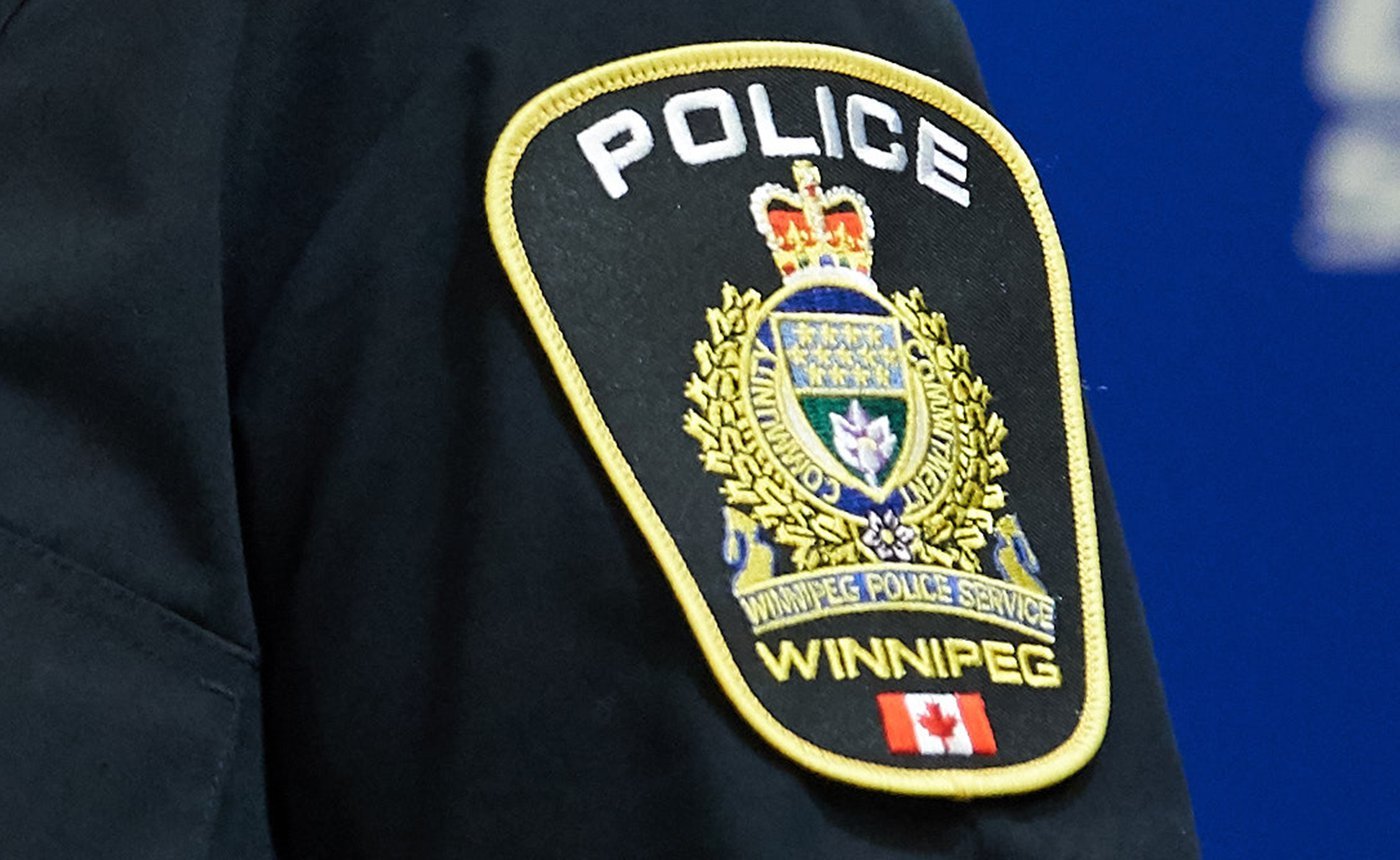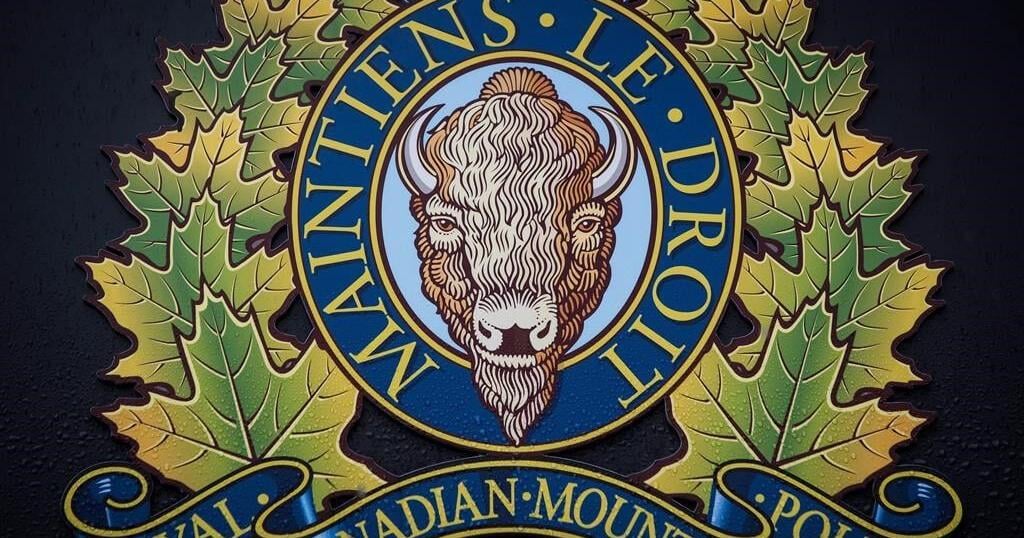As 2024 unfolds, Canada confronts a familiar yet deeply unsettling issue – the ongoing police shootings of Black Canadians. The tragic incident on New Year’s Eve, involving the death of Afolabi Stephen Opaso, a young Black student, has reignited the debate about police response to mental health crises and systemic racial biases within law enforcement.
On December 31, 2023, Winnipeg Police responded to a distress call at an apartment on 77 University Crescent. Reports of a man, later identified as 19-year-old Opaso, behaving erratically raised concerns. The encounter led to Opaso, armed with knives and undergoing a mental health crisis, being fatally shot by the responding officers.
Opaso, fondly known as Zigi, was an economics student at the University of Manitoba. Described as lively and ambitious, his untimely death has caused a national uproar. Nearly 9,000 people have since signed a petition demanding justice and reform, particularly in how police handle mental health crises.
The data on police shootings in Canada, though less comprehensive than in some nations, paints a grim picture. Studies up to 2023 indicate that Black Canadians are significantly overrepresented in these fatal encounters. For instance, a report by the Ontario Human Rights Commission found that while Black people represent only a small percentage of the overall population in major cities like Toronto, they are disproportionately involved in police shootings. This disparity not only raises concerns about the use of force but also about decision-making processes and inherent biases within police departments.
Opaso’s case joins a troubling list of high-profile incidents involving police and Black individuals. These cases, often marred by unclear circumstances and lack of accountability, underscore the precarious nature of police interactions with the Black community.
Several high-profile cases have brought this issue to the forefront of public consciousness. For example, the shooting of a young Black man in a Toronto suburb, which sparked major protests, or the case in Vancouver where a mental health check turned fatal. These incidents, often followed by lengthy investigations, rarely result in charges against the officers involved, leading to public outcry and distrust. The families of the victims, thrust into the media spotlight, often become reluctant advocates for change, sharing their tragedies to highlight systemic issues.
The Black community’s response has been one of profound grief and robust advocacy. Organizations and activists demand justice, transparency, and a reevaluation of policing practices, especially regarding mental health and racial profiling. In response, a robust advocacy movement has emerged. Groups like Black Lives Matter Canada and the African Canadian Legal Clinic have been vocal in demanding accountability and reform. These organizations have organized protests, provided support to affected families, and advocated for policy changes. Their efforts have significantly influenced public discourse and have begun to shift the narrative around policing and race in Canada.
Law enforcement agencies face growing criticism. While acknowledging the challenges of their work, there is a pressing need for them to reassess their approach to crises, especially those involving racialized individuals. Police training, policies, and community engagement strategies are under scrutiny. From the law enforcement perspective, the issue is complex. Police officials often point to the challenges officers face in high-stress situations. Training for RCMP and city police forces has increasingly included modules on cultural sensitivity and implicit bias, yet critics argue that these are not enough. Some police departments have initiated reforms, such as the use of body-worn cameras and revising use-of-force protocols, but there is a consensus that more needs to be done.
The Canadian government’s response has varied across different levels. While some initiatives have been introduced, like independent oversight bodies, critics argue for more comprehensive and proactive measures to address the systemic issues within policing. At the governmental level, responses have been varied. Some provinces have initiated independent reviews of police services, while others have invested in community-based safety programs. However, critics argue that these actions are reactive rather than proactive and lack a comprehensive approach to addressing the root causes of systemic racism in policing.
Internationally, Canada’s situation is not unique, but solutions may lie in global best practices. Countries with lower rates of police shootings often employ different crisis response strategies, emphasizing de-escalation and mental health support over armed intervention.
Sociologists, criminologists, and racial justice experts advocate for a multi-faceted approach. This includes reforming police training, improving mental health support systems, and addressing the broader societal issues that underpin racial disparities.
The path forward involves systemic reforms in policing, greater investment in mental health services, and a societal shift in understanding and addressing racial disparities. Public education, community-based policing, and a national dialogue on race and policing are seen as key components of this change.
The death of Afolabi Stephen Opaso is a grim reminder of the work that lies ahead. As Canada confronts the dual challenges of mental health crises and systemic racism in policing, the demand for change has never been more urgent. The nation stands at a crossroads, with the hope that this tragic incident will catalyze meaningful reforms and prevent future losses.
Related


































